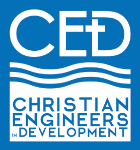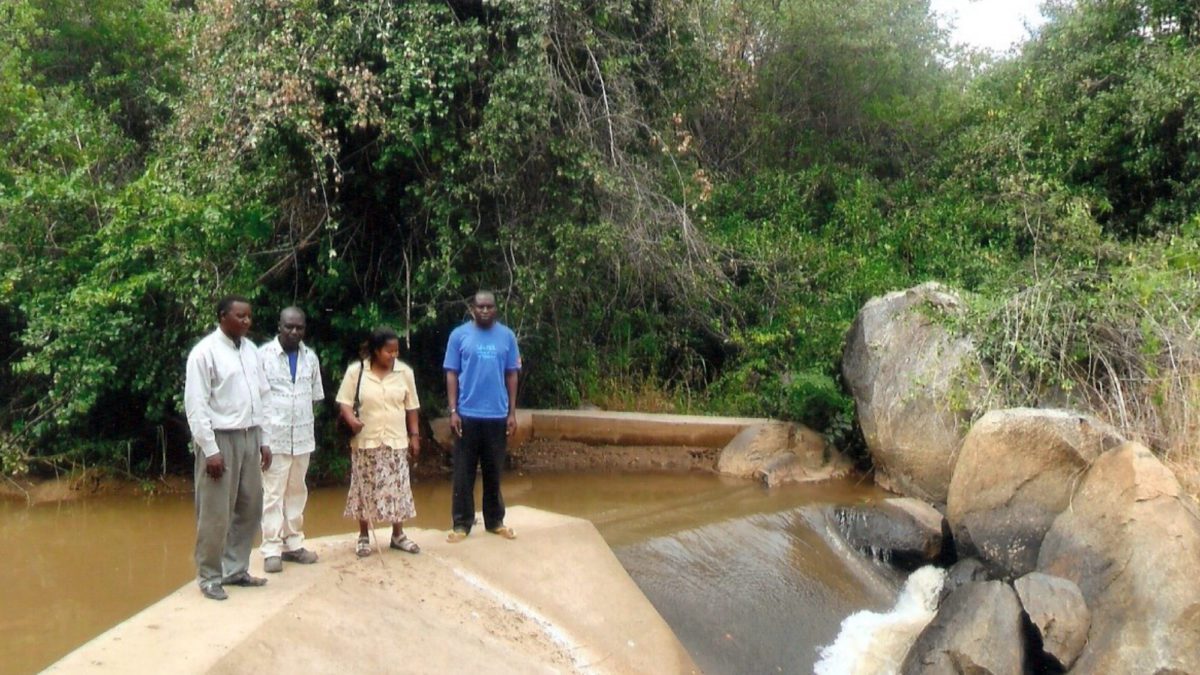Water supply in Pawaga, Tanzania
CED worked with the Anglican Diocese of Ruaha in a major community-based initiative to provide access to clean water, as well as sanitation and health & hygiene education, in the Pawaga area in the north western corner of Iringa District, where 16,000 people, centred on 8 villages, had no access to clean water.
The water supply work involved drawing water from the Little Ruaha River and after simple purification taking it by gravity to villages along the valley (designed for up to 22,500 people). Each village was responsible for supplying labour and digging trenches for its own network of tap-stands.
A 100 mm pipeline, 17 km long, now serves Kilolo and continues as a 75 mm pipe to Utengule. Branches serve Luganga and Lusinga. The four villages are all provided with storage tanks to meet peak demands and provide some reserve during repair work. A fifth tank serves Kilolo Secondary Boarding School.
Who benefitted from the project?
16,000 residents of eight villages in the Iringa Region of Central Tanzania.
- Women and girls no longer have to walk several kilometres each day to collect water. This means women are freed to spend their time caring for children, tending crops and more
- School attendance has increased as children no longer spend all day collecting water
- Incidences of serious diarrhoea no longer dominate the work of the local dispensaries
- Both children and adults are healthier than they used to be
- Men are more prepared to carry out menial tasks like washing their own clothes, because they do not have long walks to fetch water.
Who did CED partner with?
Topographical survey work was undertaken by staff of the Regional Water Engineer. The site work was managed by Diocesan personnel aided by CED, and helped build up the capacity of the Diocese’s development department. Design was carried out by CED in consultation with the Regional Water Engineer and the Community Steering Group who supplied labour and were given training for ongoing management.
CED part time Project Engineer, Rob Wakeling, spent 3 weeks on site every second month.
What did it cost and who paid for it?
| European Commission | €749,935 |
| Tearfund, UK | €150,000 |
| Tearfund, Australia | €50,000 |
| Wilmslow Wells for Africa | €40,000 |
| CED | €9,979 |
| Total | €999,914 |
Exchange rate fluctuations and sharp rises in commodity prices, especially fuel, cement, and petro-chemical based products, such as uPVC and HDPE pipe, during the project meant an additional €212,275 was required. This extra funding came from CED, Wilmslow wells for Africa and personal donations.

